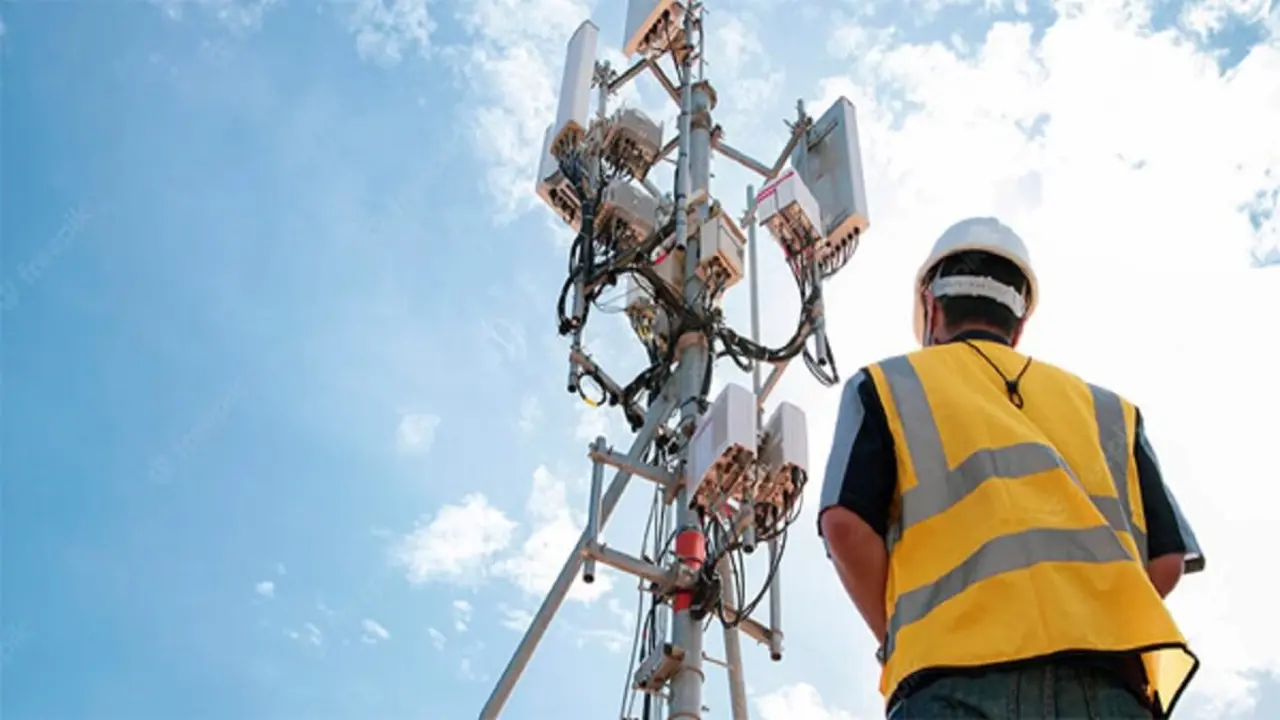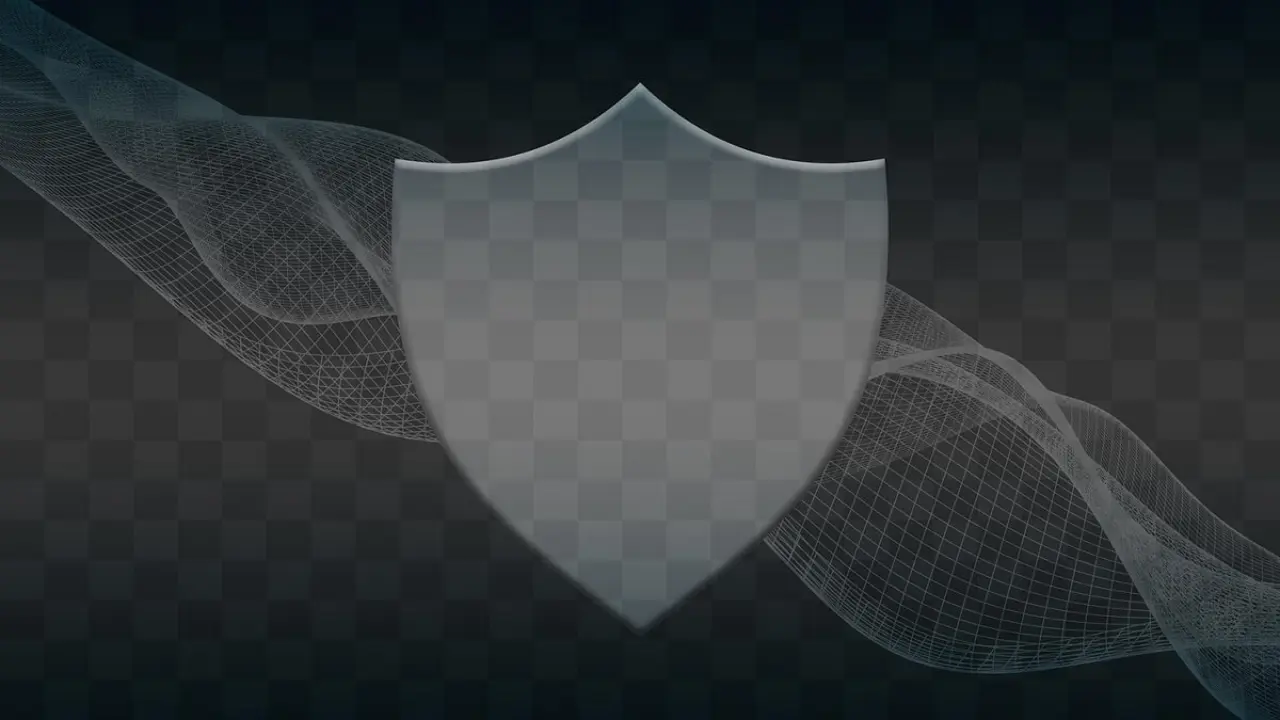Morocco incorporates the Viper Shield electronic warfare system into its F16 fleet
The Royal Moroccan Air Force will begin to incorporate this US-made virtual electronic shield into its aircraft from the end of 2025
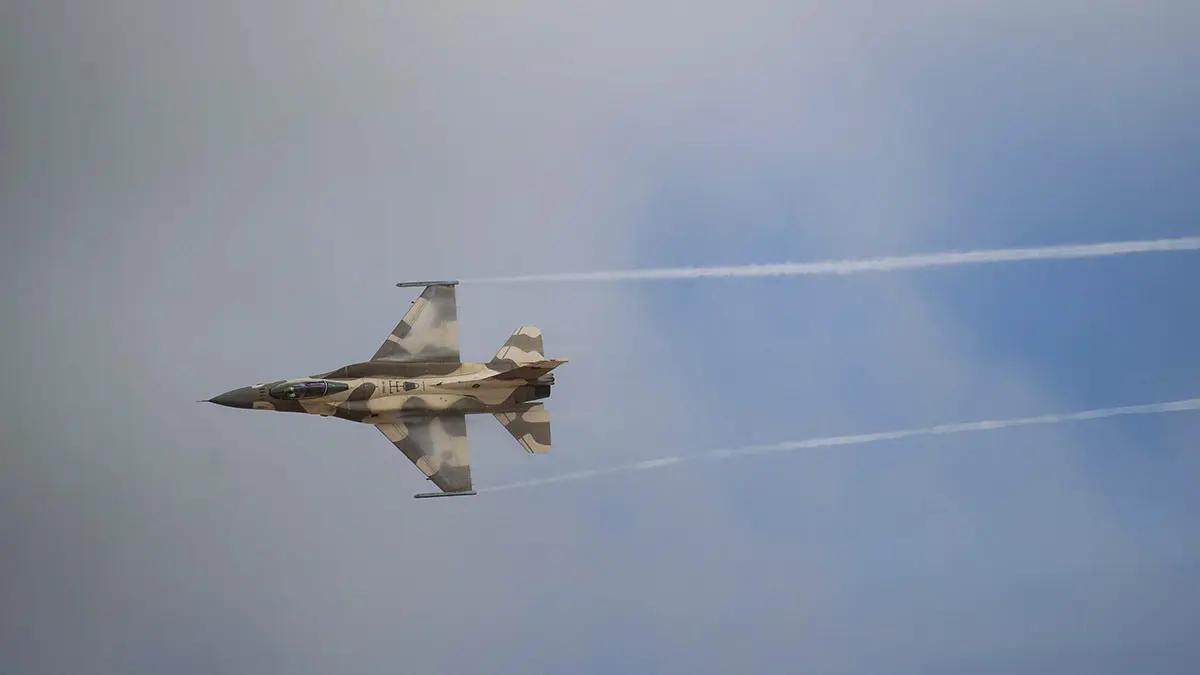
The US company L3Harris Technologies, specialising in technological solutions for security and defence, has confirmed in a press release that it has carried out the first test flight of the new Viper Shield airborne jamming and electronic warfare system, designed for F16 aircraft and which will be incorporated into the Royal Moroccan Air Force's fleet of F16 Block 70/72 aircraft.
The test was carried out on board F16 Block 70 aircraft piloted by members of the 412th Test Wing unit at Edwards airbase (California, USA) and its objective was to reduce the risks related to the compatibility of the mission computer system with other aircraft subsystems and the interaction with the APG-83 active electronically scanned fire control radar.
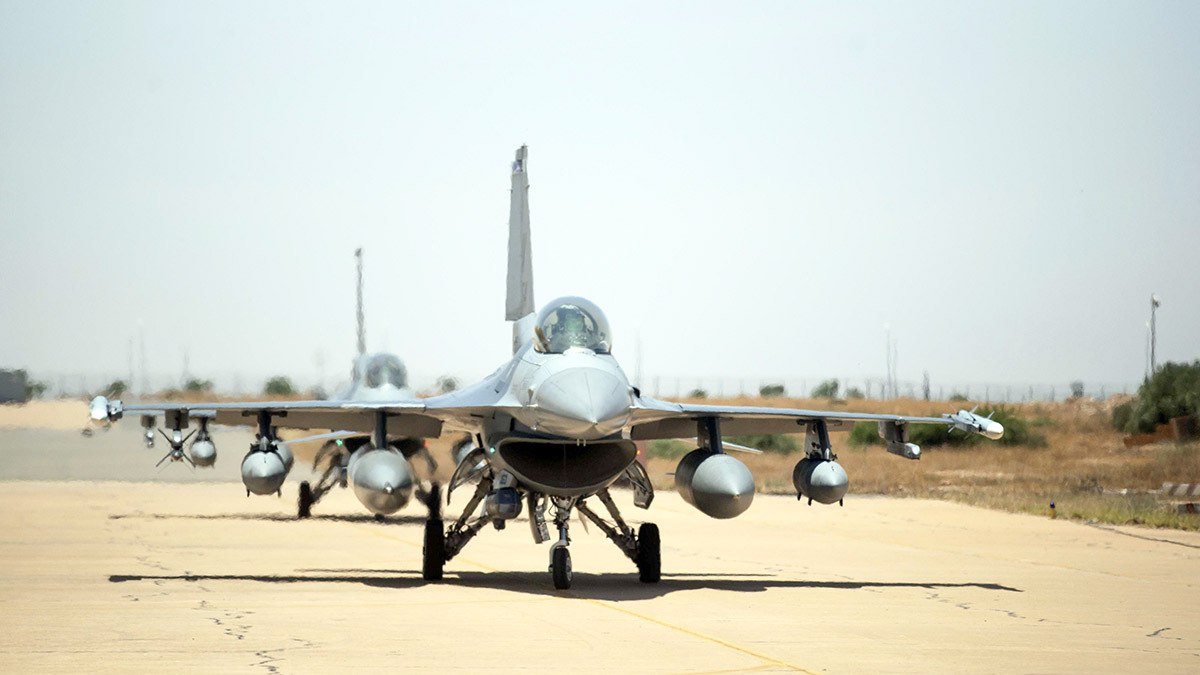
Virtual electronic shield
According to the US company's press release, ‘this system offers the most advanced electronic warfare (EW) capabilities for F16 fleets’.
L3 Harris Technologies defines Viper Shield as ‘a low-risk, moderate-cost system capable of countering modern radar threats through immediate detection and advanced jamming response, thus disrupting the enemy's kill chain’.
The new system to be installed in the F16s of the Royal Moroccan Air Force provides, according to the manufacturer, ‘a virtual electronic shield around the aircraft, thus allowing pilots to carry out their missions safely and increasingly face the complex scenarios of the battlefield’.
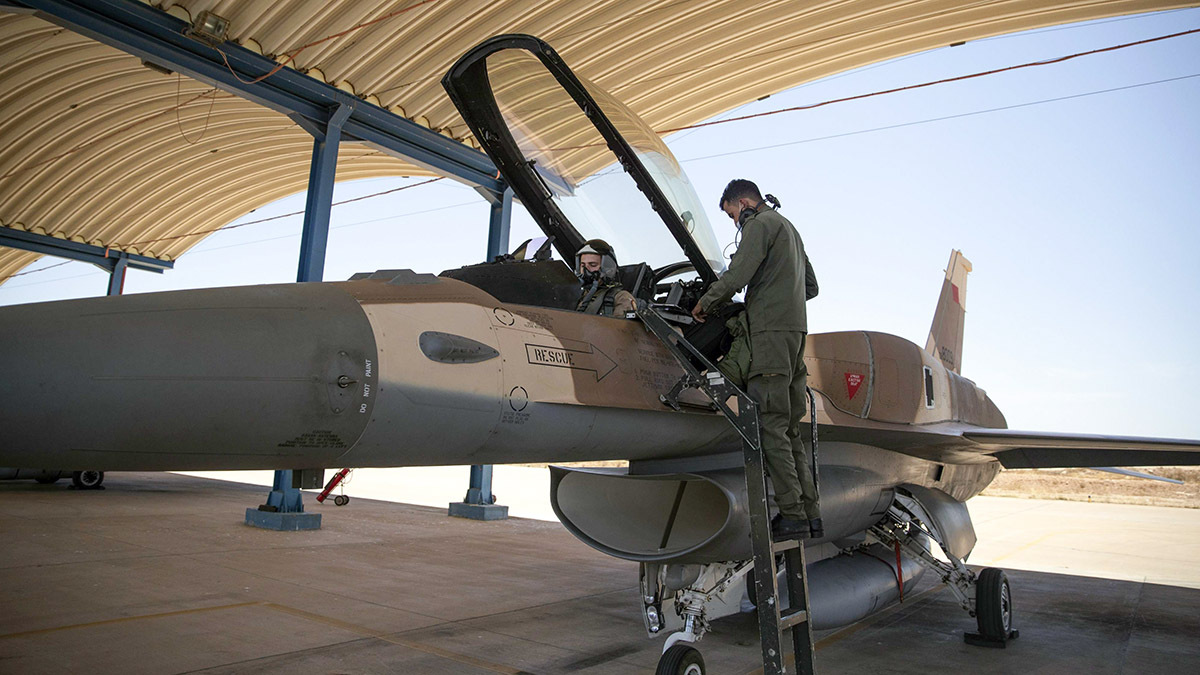
The Viper Shield and the F16s
Last July, the US Department of Defense authorised Lockheed Martin, manufacturer of the F16, to begin production of the Viper Shield electronic warfare system and incorporate it into Morocco's F16 Block 70/72s.
The new system will be installed by the end of this year. According to Ed Zuois, Head of Space and Aeronautical Systems at L3Harris Technologies, ‘with this achievement, we are ready to continue flight testing and deliver the systems by the end of 2025, with Viper Shield being the only advanced electronic warfare solution with funding and real production for international F-16 partners’.

Viper Shield will also be installed later this year on the modern F16 Block 70/72 acquired by the armies of several countries, in addition to Morocco: Taiwan, Bahrain, Bulgaria and Slovakia.
According to Breaking Defense, Morocco's acquisition of these advanced electronic warfare systems was negotiated in November 2023, during the Dubai Airshow (United Arab Emirates).







